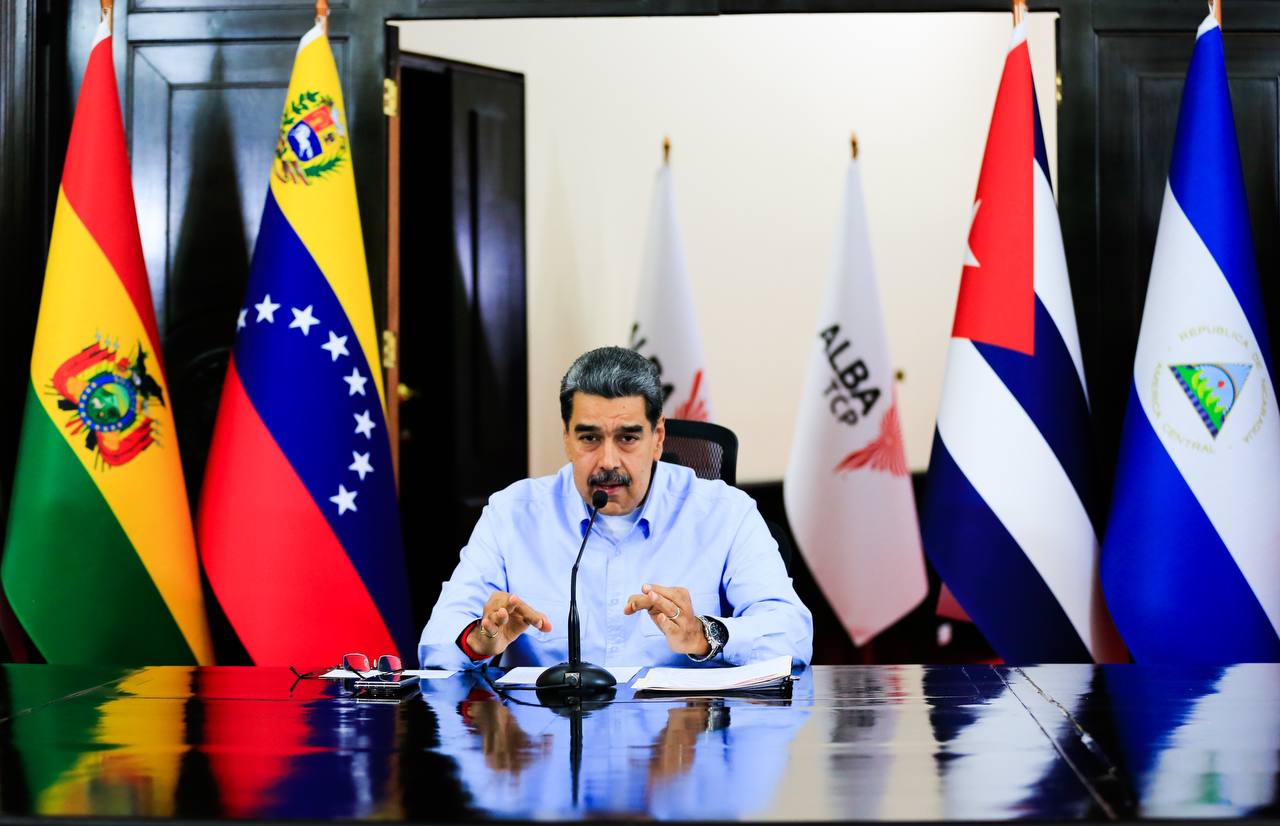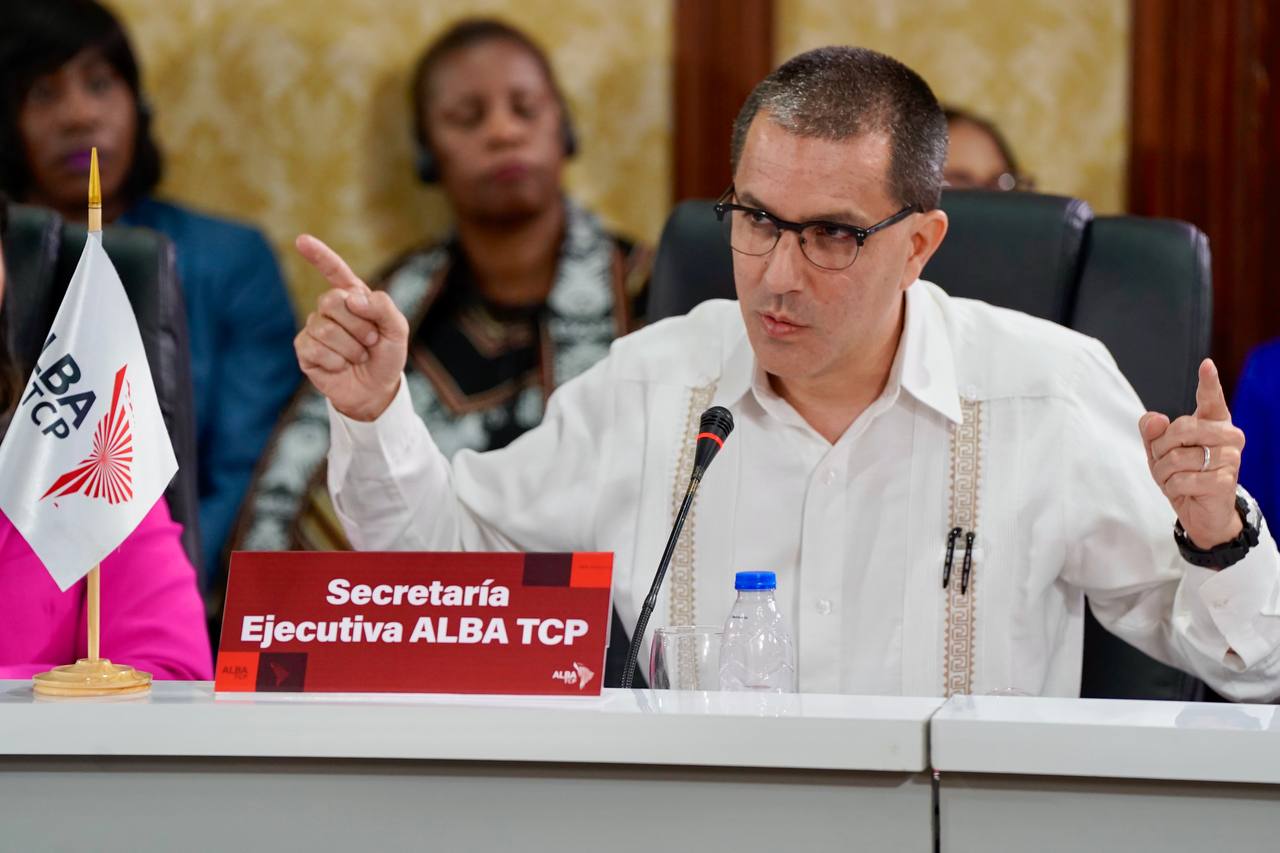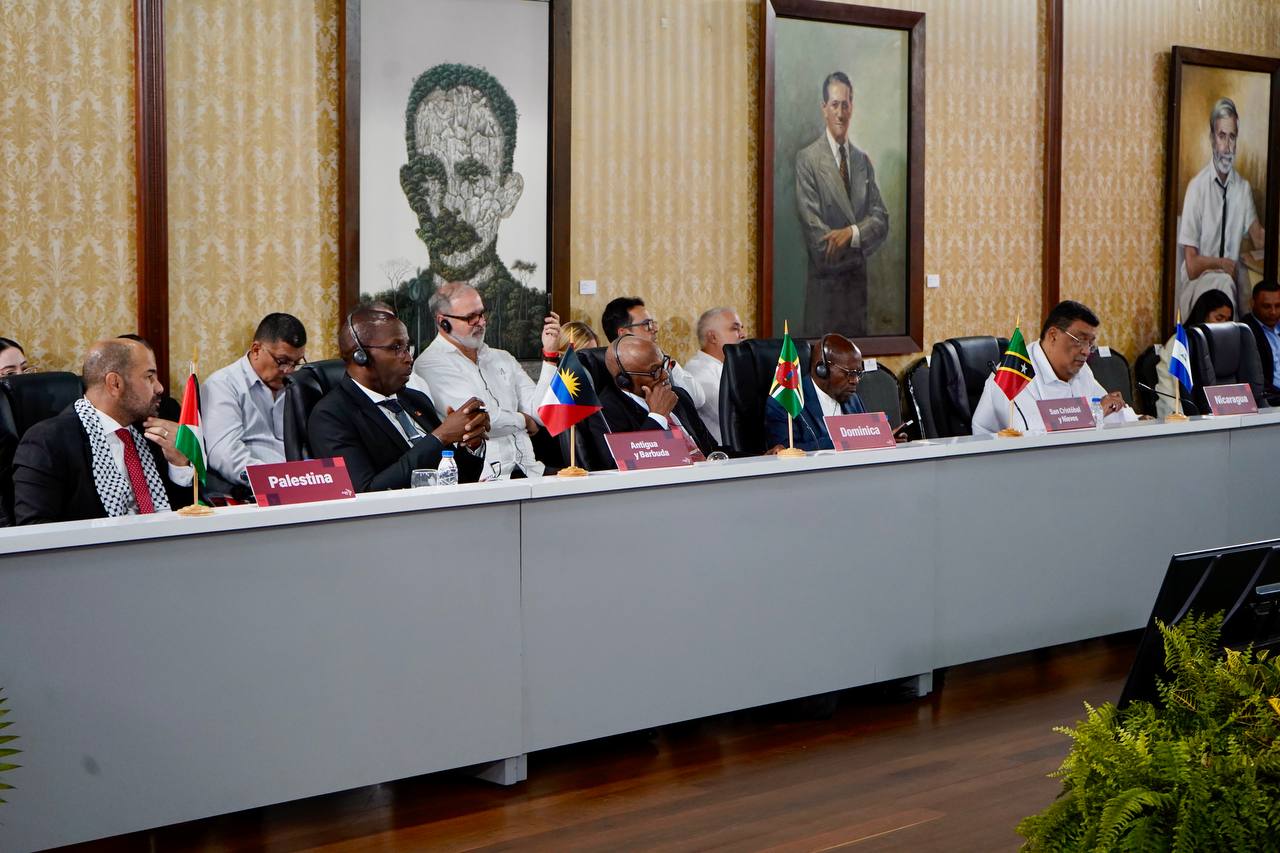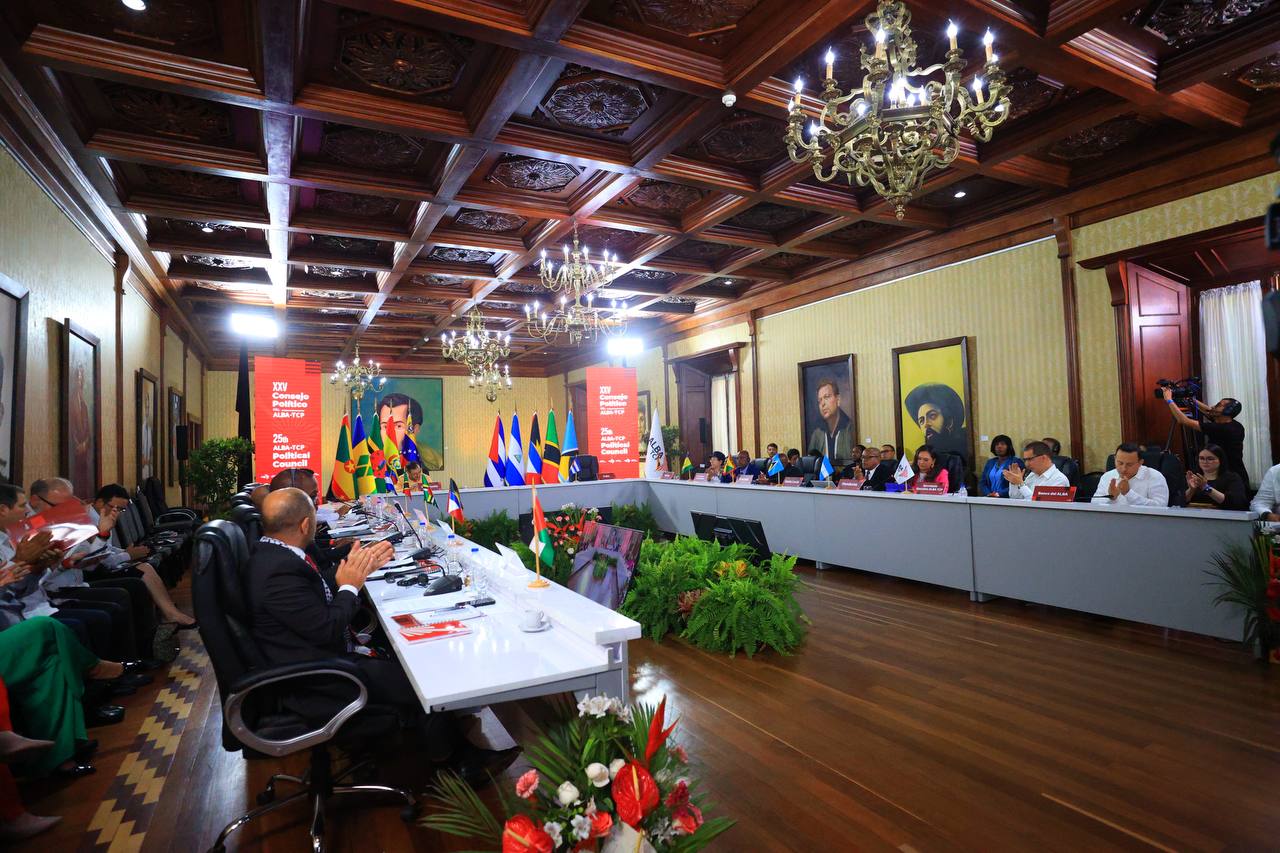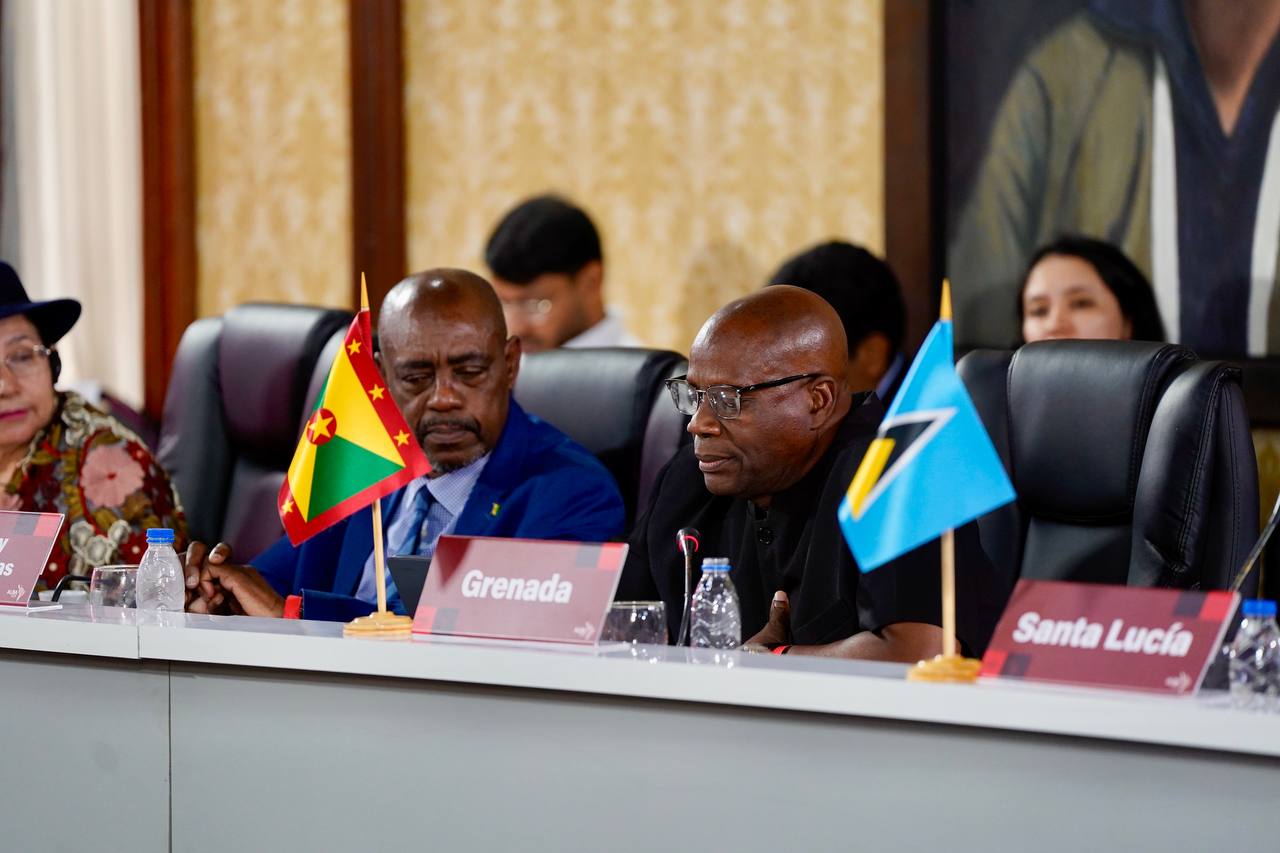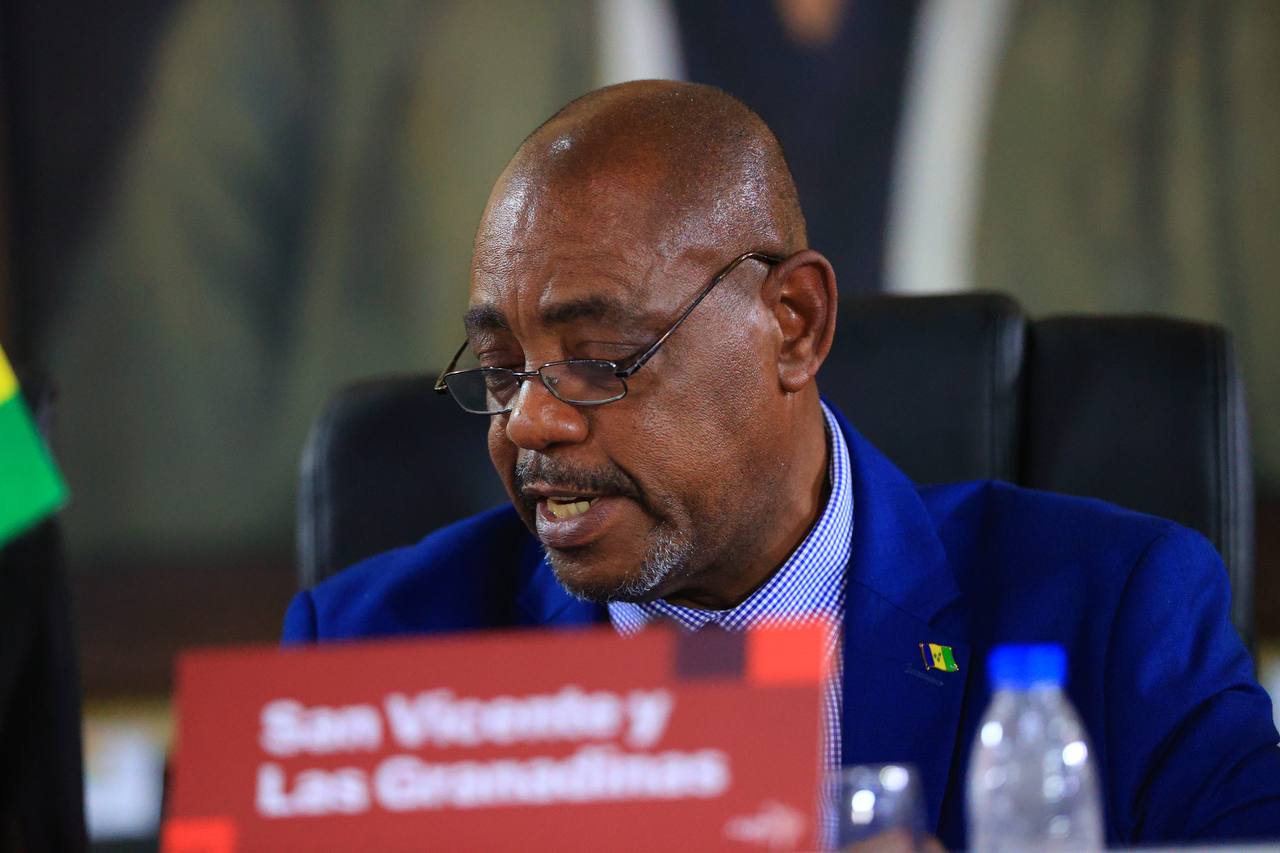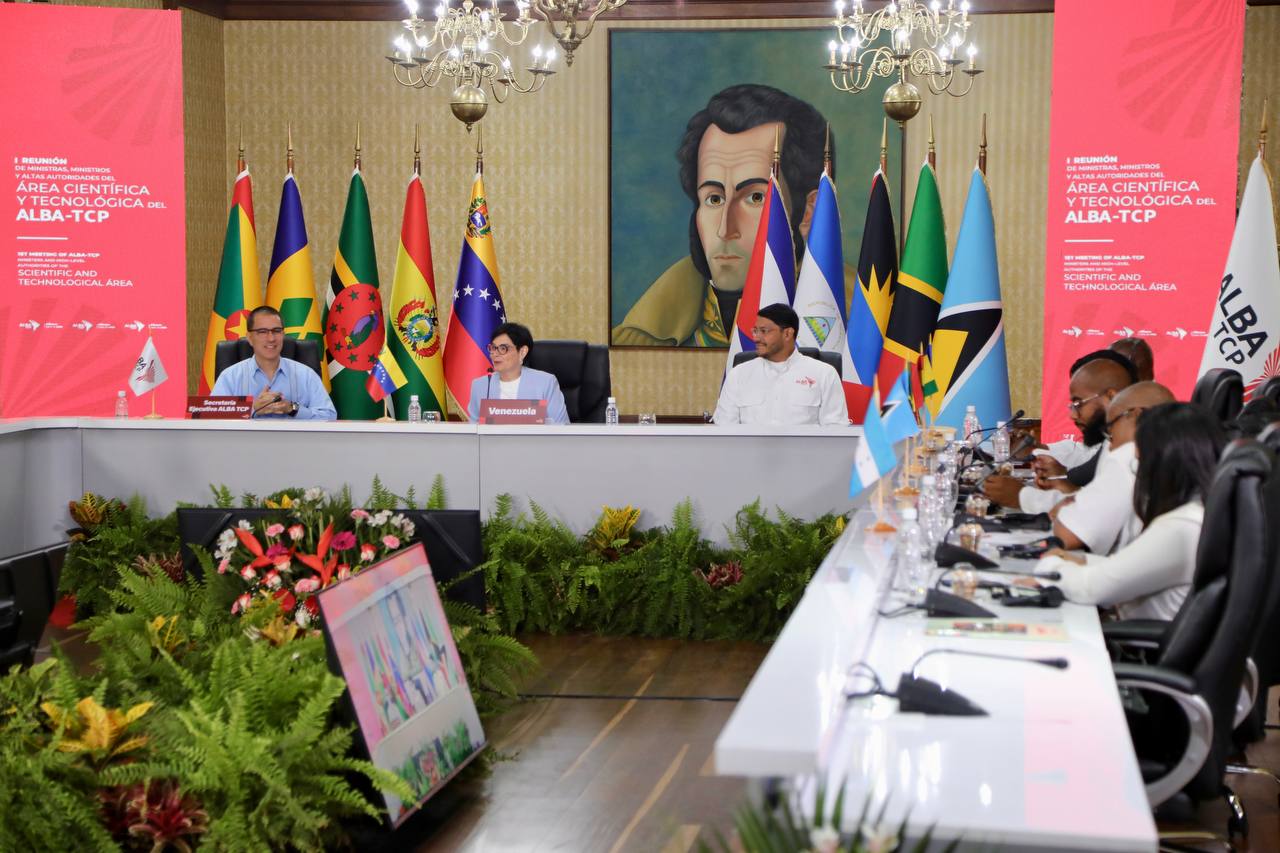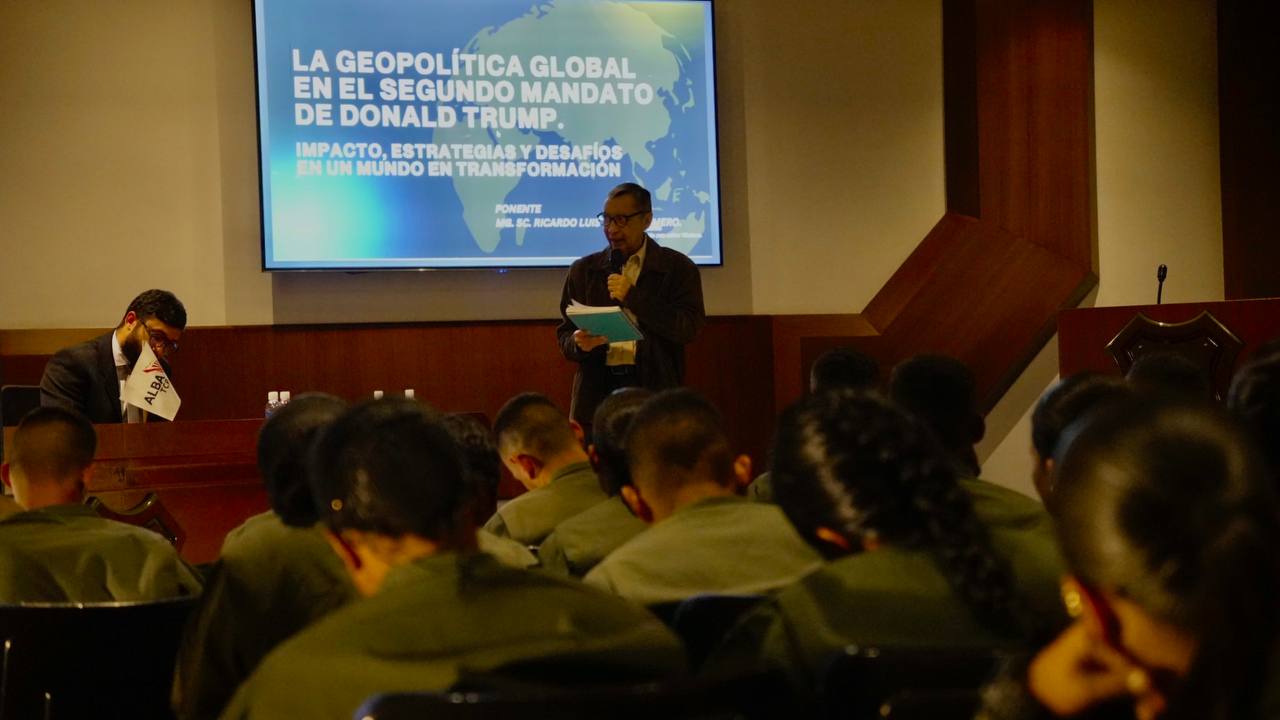Caracas, March 29, 2025 – During the 25th Meeting of the Political Council of the Bolivarian Alliance for the Peoples of Our America – Peoples’ Trade Treaty (ALBA-TCP), the President of the Bolivarian Republic of Venezuela, Nicolás Maduro, affirmed that for Venezuela and the region, “being a colony or a neocolony is not an option”, as the only alternative is to continue the struggle for independence and sovereignty.
The Head of State also emphasized that twenty years have passed strengthening the unity of the revolutionary political project, in which “two brilliant and immortal figures in the history of America” founded ALBA-TCP—an organization created for the well-being of the peoples and committed to defending peace, sovereignty, and freedom.
He underscored the importance of scientific development in the region, stating: “The creation of a scientific project bank is crucial, leveraging Cuba’s vast expertise along with the advancements made through the Great Mission for Science, Technology, and Innovation ‘Dr. Humberto Fernández-Morán’.”
Maduro reaffirmed that from April 24 to 27, the Agroalba Exhibition will take place, a unique initiative within the bloc aimed at promoting food sovereignty.
Furthermore, he declared: “ALBA-TCP is the most complete synthesis of centuries of struggle in Central America, South America, and the Caribbean. In the pursuit of a shared destiny of dignity, honor, equality, justice, democracy, and true freedom, ALBA stands as a source of pride for all fighting peoples.”
Source: Prensa Presidencial
